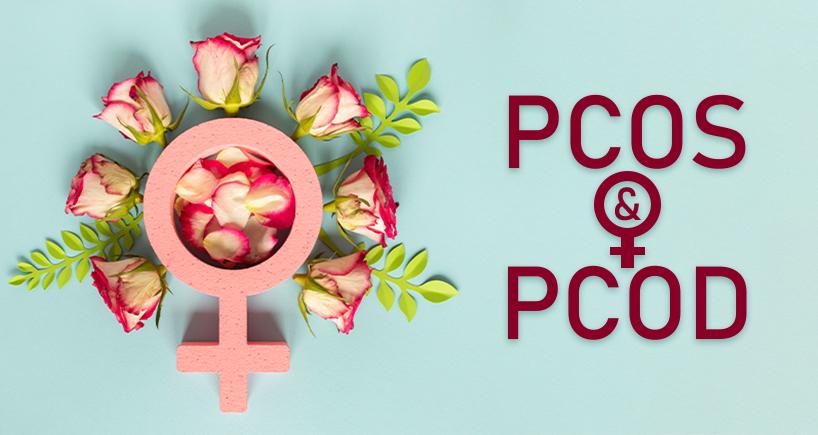
PCOS and PCOD - Dr. Parimala Devi
Polycystic Ovary Syndrome (PCOS) and its closely related counterpart, Polycystic Ovary Disease (PCOD). These conditions manifest with distinct symptoms and require appropriate treatment. Let's explore the nuances of PCOS and PCOD, their symptoms, and available treatments.
PCOS and PCOD: Unravelling the Differences
Polycystic Ovary Syndrome (PCOS) and Polycystic Ovary Disease (PCOD) are often used interchangeably, but they are not the same. PCOD is a broader term, referring to the presence of multiple small cysts on the ovaries, whereas PCOS specifically pertains to a syndrome involving hormonal imbalances, irregular periods, and other related symptoms.
Understanding PCOS:
PCOS, short for Polycystic Ovary Syndrome, is characterized by a range of symptoms, including irregular menstrual cycles, excessive hair growth (hirsutism), weight gain, and insulin resistance. It is primarily a hormonal disorder and affects women in their reproductive years. PCOS is often associated with difficulty conceiving and an increased risk of diabetes.
Common PCOS Symptoms:
- Irregular or absent periods
- Unwanted facial and body hair
- Weight gain or obesity
- Insulin resistance
- Acne
- Ovulation issues
- Fertility challenges
PCOS Treatment:
Managing PCOS involves a multi-faceted approach. Lifestyle modifications, such as regular exercise and a balanced diet, are crucial in managing symptoms and reducing insulin resistance. Medications like birth control pills, anti-androgens, and insulin-sensitizing drugs are commonly prescribed to address specific symptoms and improve fertility.
Deciphering PCOD:
Polycystic Ovary Disease (PCOD), on the other hand, primarily refers to the physical presence of multiple small cysts on the ovaries. These cysts can affect the menstrual cycle, leading to irregular periods and potential fertility issues. However, not all individuals with PCOD exhibit the hormonal imbalances and symptoms associated with PCOS.
PCOD Symptoms and Treatment:
The symptoms of PCOD can include irregular periods, heavy bleeding, pelvic pain, and, in some cases, difficulties conceiving. Treatment options for PCOD depend on the severity of symptoms and the patient's goals. Medications like birth control pills may help regulate periods, while lifestyle changes can also play a significant role in symptom management.
In summary, while PCOS and PCOD share some similarities, they are distinct conditions with differing symptoms and implications. If you suspect you may have PCOS or PCOD, it's essential to consult with a healthcare professional for a precise diagnosis and tailored treatment plan. With the right approach, these conditions can be effectively managed to improve your overall health and well-being.












